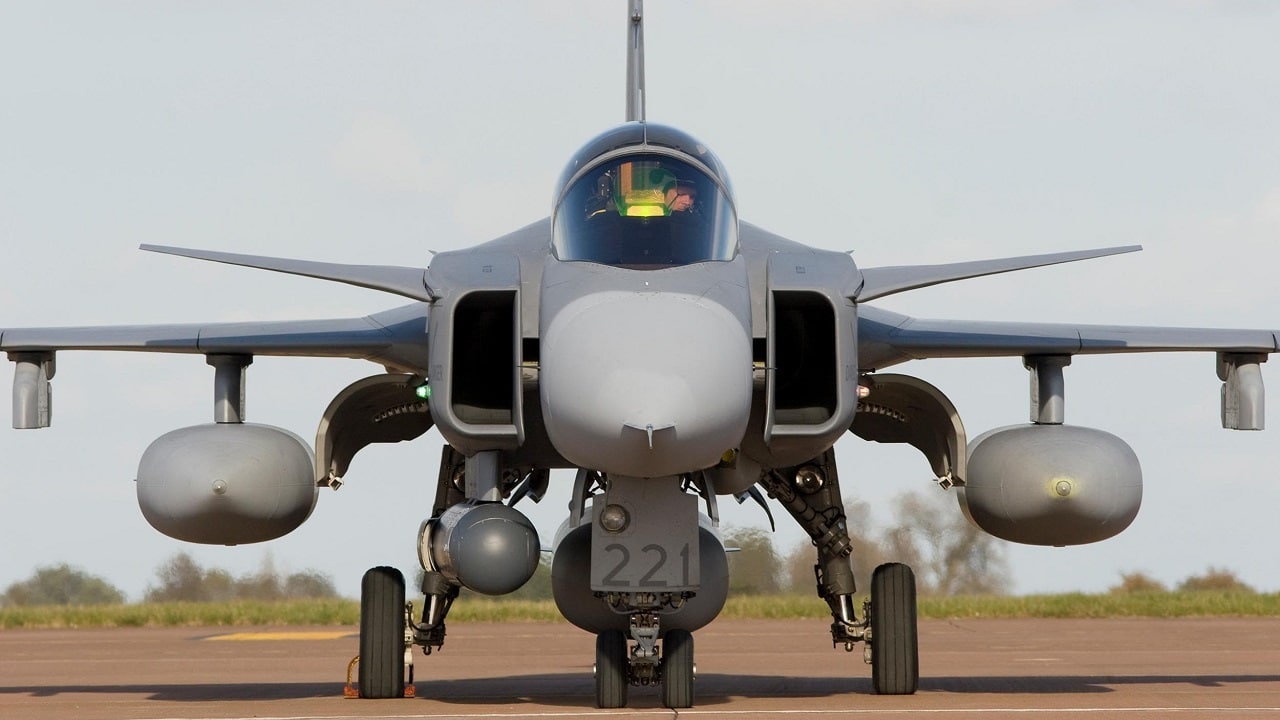Due to the war in Ukraine, NATO has been more unified than at any time since the Cold War – or at least almost. There are still a couple of significant sticking points that not every member nation agrees to, and that includes the membership of Sweden and Ukraine.
In the case of the former, newly reelected Turkish President Tayyip Erdogan made clear this week that his country’s stance on admitting Sweden into the international alliance hasn’t changed. Turkey would not approve Sweden’s NATO bid as long as anti-Turkish protests continue in Stockholm. However, NATO Secretary-General Jens Stoltenberg has been trying to convince Erdogan to reverse his decision.
“While Stoltenberg was expressing these views to us, unfortunately, at that time, terrorists were demonstrating in the streets again in Sweden,” Erdogan told journalists accompanying him to Azerbaijan this week. “Now, we cannot approach this work positively within this table.”
In March, Turkey ratified Finland’s bid for membership into NATO, yet, it still objects to Sweden joining the alliance, as does Hungary.
Ukraine in NATO?
It is also being reported that Ukraine will not be offered a timeline with any specific dates by which it could join the international alliance, but at next month’s NATO summit in Vilnius, Lithuania, Kyiv could be offered post-conflict security guarantees. That would likely be outside of the formal NATO structure.
The Biden Administration has remained especially cautious about any discussion of NATO allowing Ukraine to join the alliance – and has instead largely sought to main the status quo that has been in place. That would essentially offer a vague promise to Ukraine that it could in the future join the alliance but without any set timetable.
However, those nations actually bordering Russia – including the Baltic States of Estonia, Latvia, and Lithuania, as well as Poland – want to provide Kyiv with a strong political commitment. Some have even called for a timetable and specific goals laid out for what true NATO membership for Ukraine could look like.
Yet, even that would only occur after the current conflict is ended. The current mindset is that if Ukraine is a full member in the future, Moscow would never dare try to topple the Kyiv government or mount any invasion – as an attack on one NATO member is an attack on all, per the alliance’s Article 5.
In the meantime, it seems that support for Ukraine will continue from most of NATO.
Is NATO on War Footing?
Even before next month’s summit, NATO members are likely set to plan in detail what a direct conflict with Russia could look like. Currently, there is a concern that the alliance isn’t actually ready to take on Russia directly.
“It needs a real kick up the backside,” Sir Richard Shirreff, the former Deputy Supreme Allied Commander Europe, told Newsweek on Tuesday. He further took aim at the dwindling military budgets among alliance members, even as there are exceptions – notably Poland, which has sought to increase defense spending.
“There is a massive war going on in Eastern Europe. It’s a land war and it’s an air war, and so you need to invest in air and land, and that hasn’t been done,” Shirreff added. “Last year at its Madrid summit, (Alliance Secretary General) Jens Stoltenberg announced that NATO would ramp up its very high readiness forces to 300,000—that simply hasn’t happened.”
Shirreff was also blunt in his assessment of whether he believed that NATO could generate the conventional forces that would be ready for a conventional war with Russia, stating, “No, I’m not.”
Yet, NATO has been making the necessary preparations for what has largely been seen as unthinkable, and NATO announced in March that it would deploy four new battle groups in Bulgaria, Hungary, Romania, and Slovakia – while similar battle groups are also in place in the Baltic States and Poland.
“NATO has known, since the invasion of Crimea in 2014 and the way Russia has been more obstreperous in general on NATO’s borders, that NATO may need to be ready to fight and defend itself very rapidly against a Russian attack,” Rose Gottemoeller, the former deputy secretary general of the alliance also told Newsweek.
Of course, Moscow knows that an attack on any NATO member will certainly evoke the aforementioned Article 5. Given how Russia has been unable to defeat Ukraine and is now engaged in a war that has lasted almost 16 months, even the Kremlin must know that it couldn’t hope to easily defeat the combined forces of NATO.
Yet, history is filled with examples where dictators and despots thought otherwise.
Author Experience and Expertise
A Senior Editor for 19FortyFive, Peter Suciu is a Michigan-based writer. He has contributed to more than four dozen magazines, newspapers, and websites with over 3,200 published pieces over a twenty-year career in journalism. He regularly writes about military hardware, firearms history, cybersecurity, politics, and international affairs. Peter is also a Contributing Writer for Forbes and Clearance Jobs. You can follow him on Twitter: @PeterSuciu.

